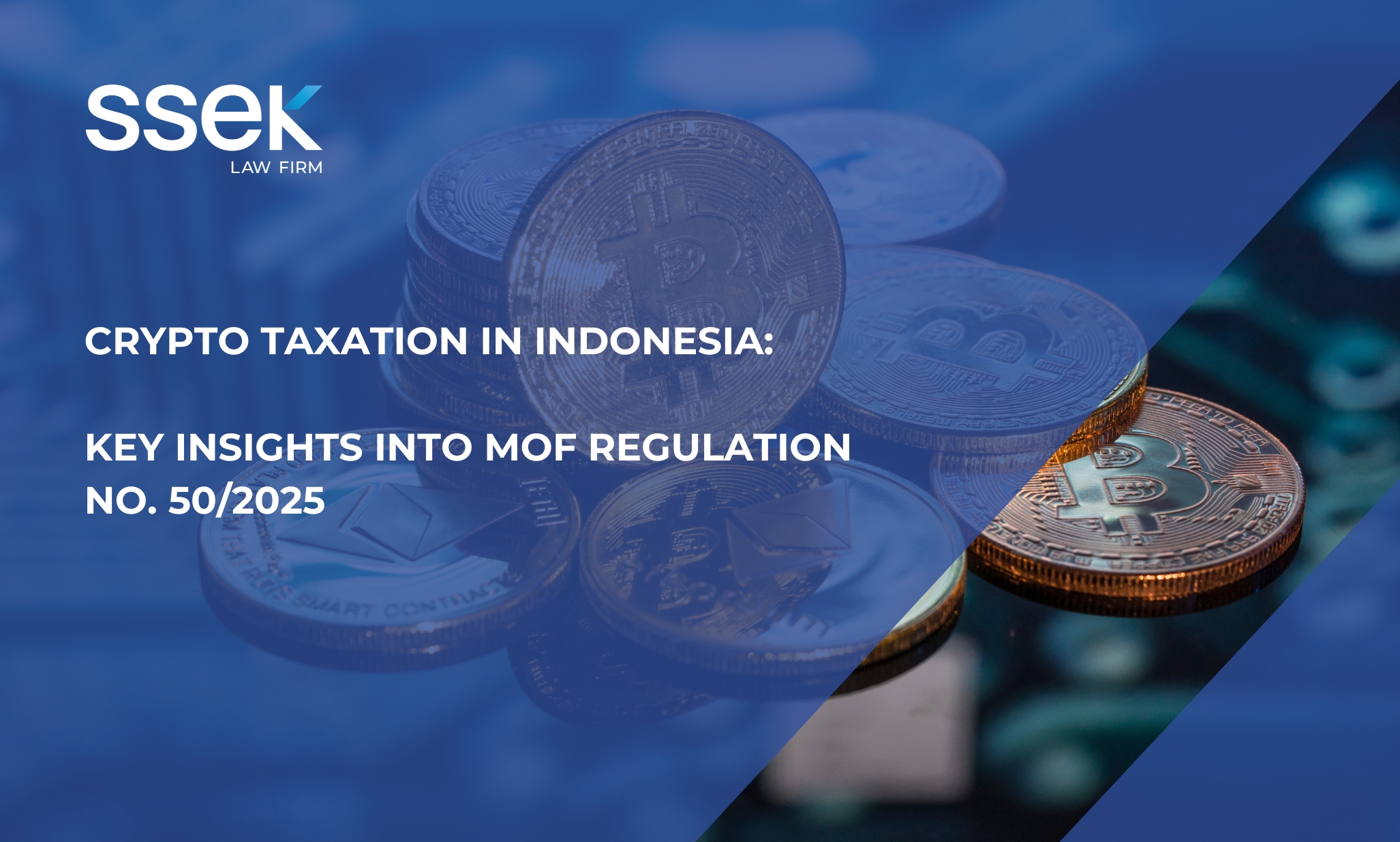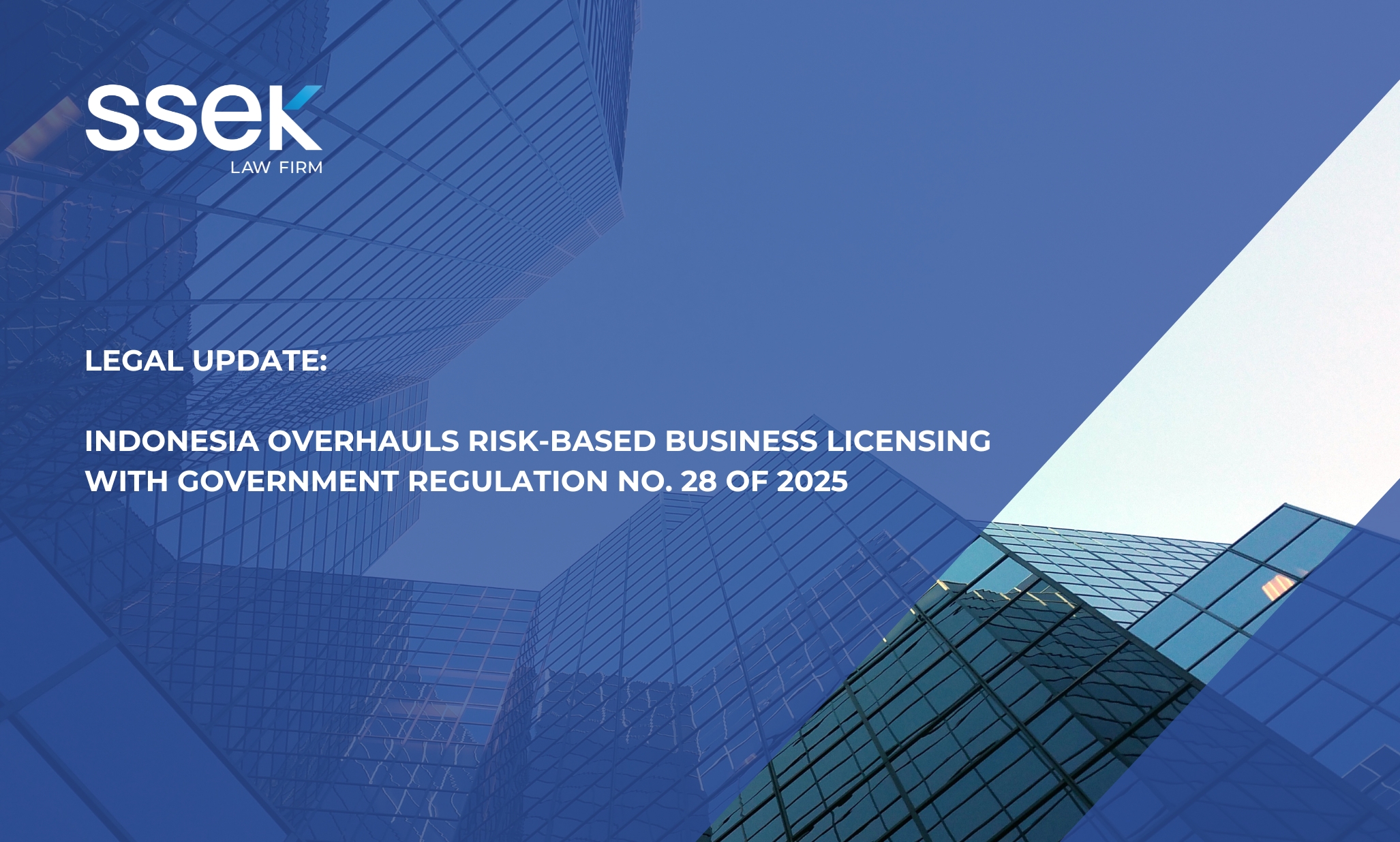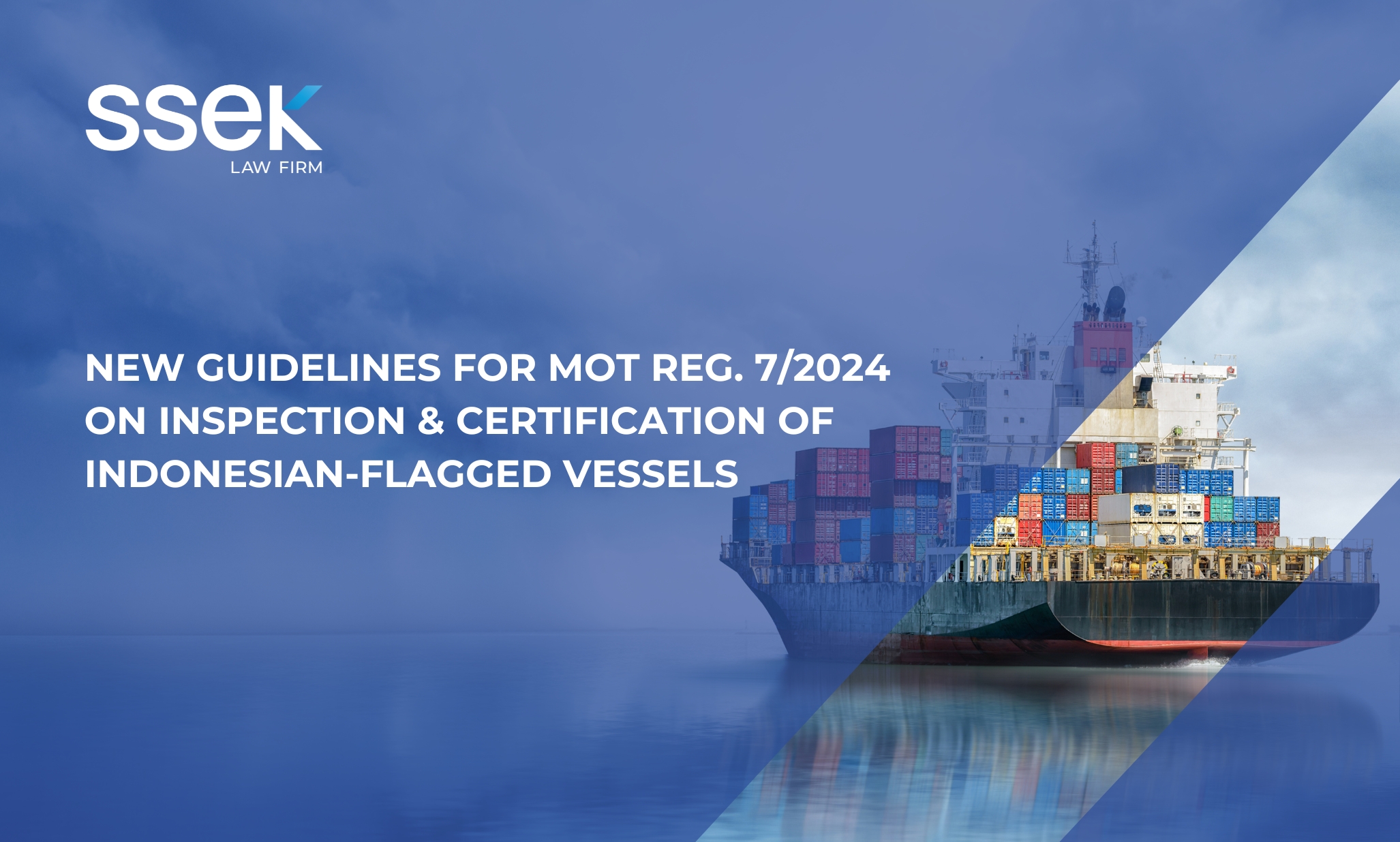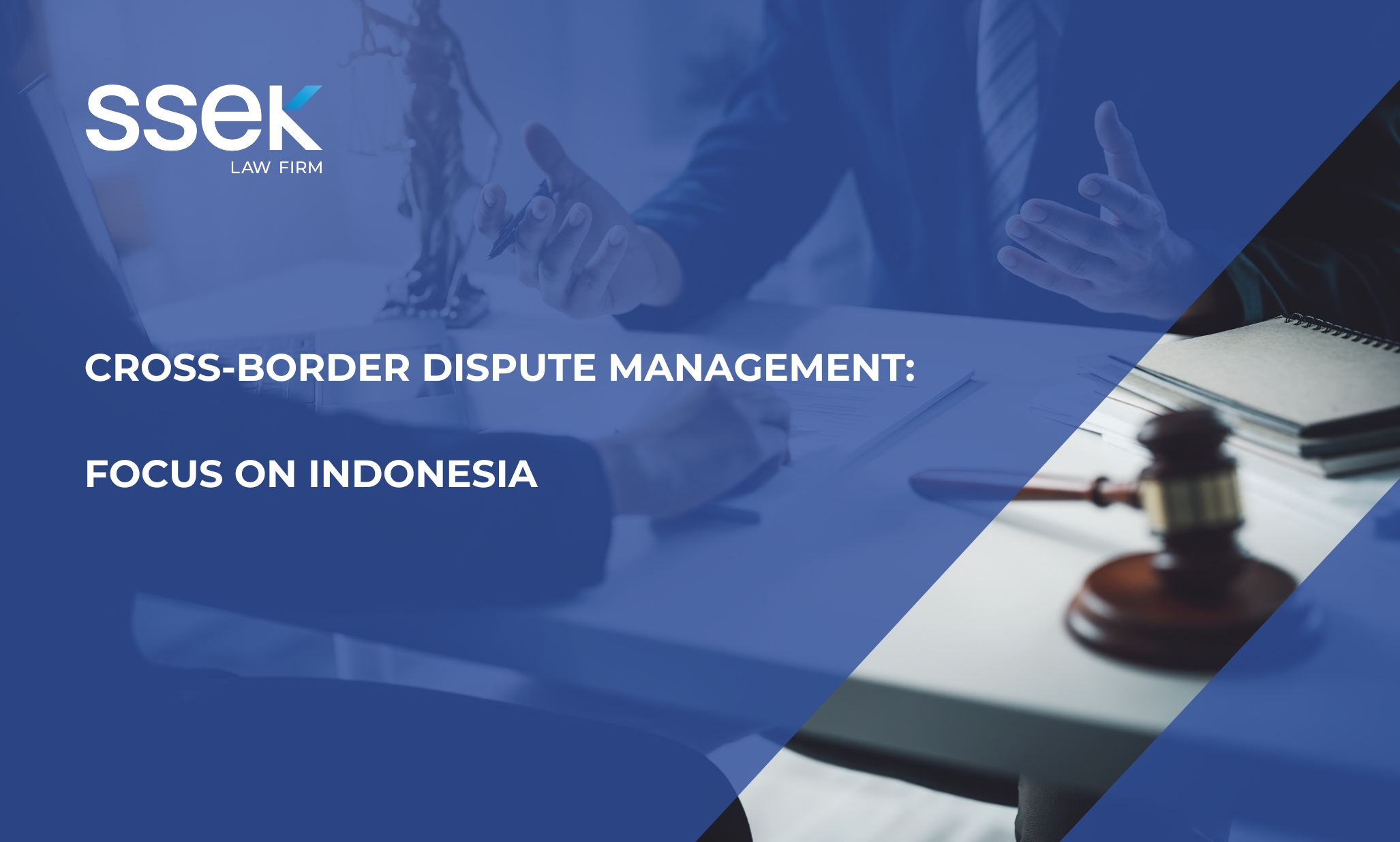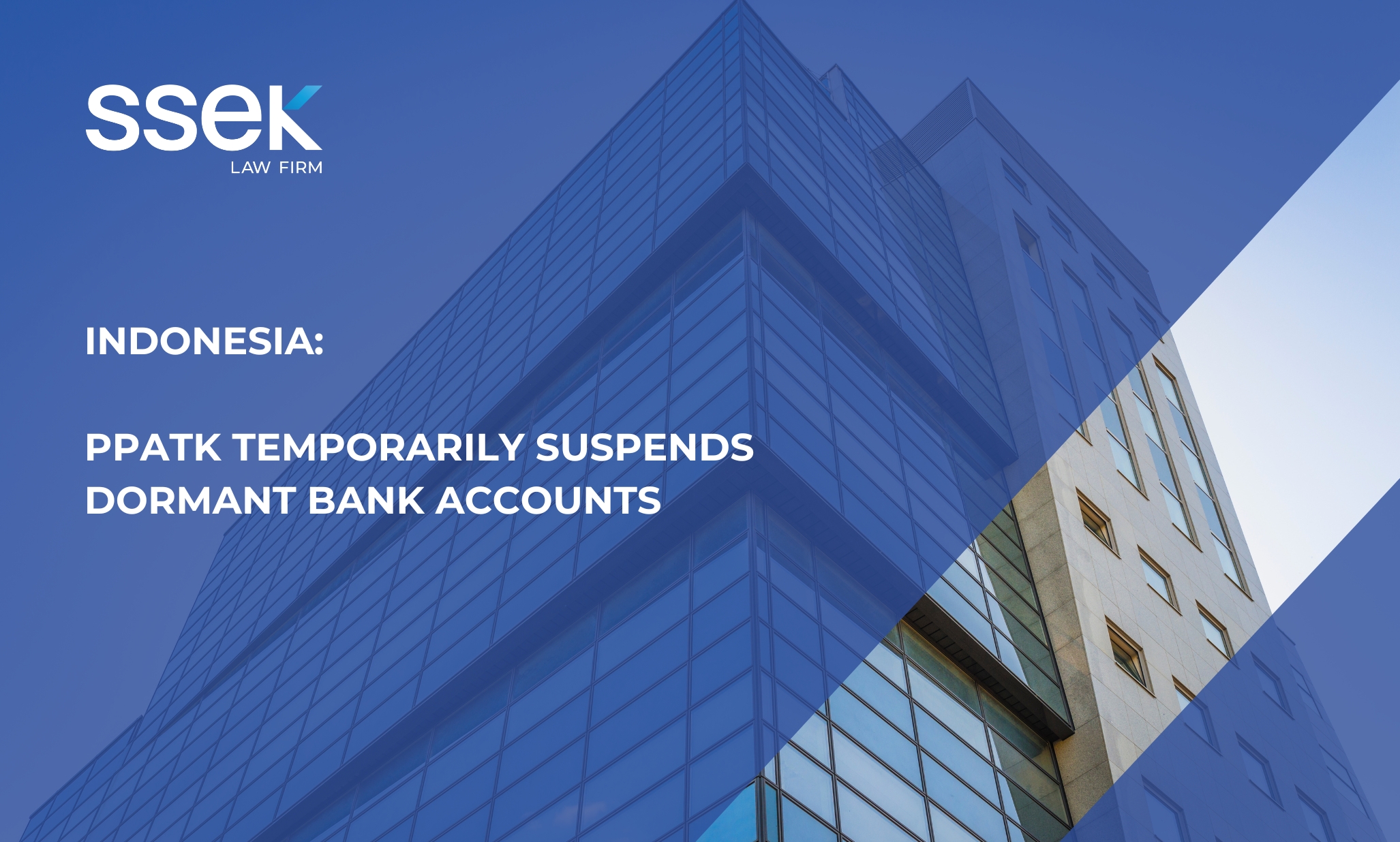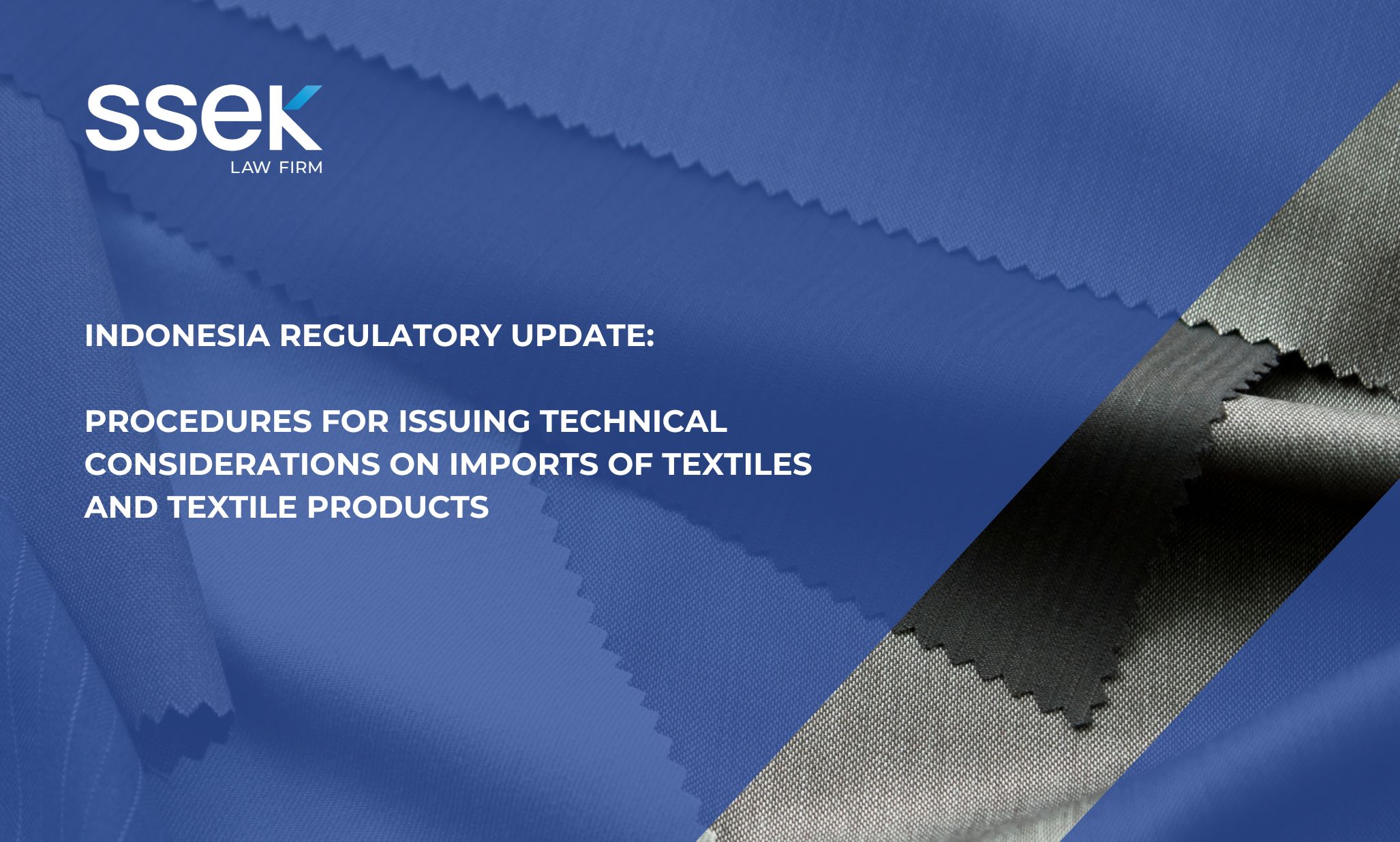


In an effort to safeguard domestic textile production while ensuring continued access to essential raw materials, the Indonesian Ministry of Industry has issued MOI Regulation No. 27 of 2025 on Procedures for the Issuance of Technical Considerations for the Importation of Textiles and Textile Products (“New Regulation”), effective July 30, 2025.
Replacing MOI Regulation No. 5 of 2024, the New Regulation reinstates the requirement for a Technical Consideration (PerTek) before obtaining Import Approval. This aligns with broader trade policy changes aimed at curbing the surge of imported consumer goods and strengthening the competitiveness of Indonesia’s textile industry.
Reinstating Technical Considerations (PerTek) for Textile Imports
The New Regulation applies to all business actors, domestic and foreign, involved in importing textiles and textile products into Indonesia. This includes manufacturers, general importers, and supply centers importing textile products for production, distribution, or sale. This includes:
- Textiles: fibers, yarns, fabrics
- Textile products: carpets, garments, accessories, and other finished textile goods
- Both raw materials (for production processes) and finished goods (for consumption or market testing)
- Commodities classified under tariff codes listed in Appendix I of the New Regulation
Under the new framework, the Technical Consideration (PerTek) is now a mandatory prerequisite for obtaining an official Import Approval.
Who Does This Apply To?
The requirement to obtain a Technical Consideration applies to:
- Producer Importers (API-P): Importing raw materials for manufacturing and, in limited cases, finished goods for complementary use or market testing.
- General Importers (API-U): Importing raw materials for manufacturers or non-industrial users or finished goods for sale.
- Raw Material Supply Centers (PPBB): Importing materials to supply small- and medium-sized industries (IKM) that cannot import directly.
It should also be noted that the New Regulation narrows available exemptions compared to past practice. While certain finished goods imported under API-P for complementary use or market testing may be exempt, they must comply with relevant trade rules and be supported by documentation. In most other cases, the Technical Consideration requirement remains mandatory.
Obtaining a Technical Consideration (PerTek)
Applications for a Technical Consideration (PerTek) must be submitted electronically through Indonesia’s National Single Window (SINSW), which is integrated with the National Industrial Information System (SIINas). These government-run digital platforms centralize the submission of import and export documentation, permits, and information, streamlining the process, improving security, and reducing paperwork.
As part of the process, applicants must provide the following documentation:
- Planned import quantities and historical import realisation data
- Domestic sourcing levels and current stock positions
- Production and sales plans
In addition, the New Regulation requires businesses to undergo verification to ensure that import requests are consistent with production capacity and legitimate needs. The verification requirements depend on the importer category:
- Industrial Capacity Verification (VKI): Examines and confirms the completeness and accuracy of data on a company’s production capability. Required for API-P and industrial API-U
- General Importer Verification (VIU): Assesses the legality and capability of API-U companies to import textiles and textile products. Required for API-U
- IKM Capability Verification (VIKM): Verifies the capacity and supporting documents of small- and medium-sized industries (IKM) that import textiles through PPBB. Required for IKM importing via PPBB.
Verification reports remain valid for three years unless significant changes occur in operations or production capacity.
Positioning the New Regulation within the Indonesia–USA Reciprocal Trade Agreement
The introduction of the New Regulation comes at a critical juncture in Indonesia’s trade relations with the United States. The Indonesia–USA Reciprocal Trade Agreement, announced by US President Donald Trump, promises significant tariff reductions and the removal of non-tariff barriers, granting American exporters unprecedented access to the Indonesian market.
In the context of this reciprocal trade framework, the New Regulation serves as a balancing measure. On one hand, the agreement obliges Indonesia to open its market and address non-tariff obstacles, such as import licensing regimes for U.S. agricultural products and burdensome certification requirements for manufactured goods. On the other hand, the New Regulation provides the government with a screening tool to manage the volume and composition of textile product imports, including those from the United States, to safeguard the competitiveness of domestic industry.
Conclusion
The New Regulation represents a significant regulatory measure in reinforcing the balance between open market commitments and the protection of domestic industry. By reinstating the Technical Consideration (PerTek) requirement, it strengthens the government’s ability to align textile imports with national supply-demand priorities while ensuring that legitimate industrial needs for raw materials are met.
It also signals a move toward a more structured, data-driven, and digitally managed system for regulating imports. This modernized approach enhances transparency and oversight, strengthening the competitiveness of domestic industries, and helps to ensure that the advantages of expanded trade access under international agreements are achieved without undermining the long-term resilience of Indonesia’s textile sector.
This publication is intended for informational purposes only and does not constitute legal advice. Any reliance on the material contained herein is at the user’s own risk. All SSEK publications are copyrighted and may not be reproduced without the express written consent of SSEK.




